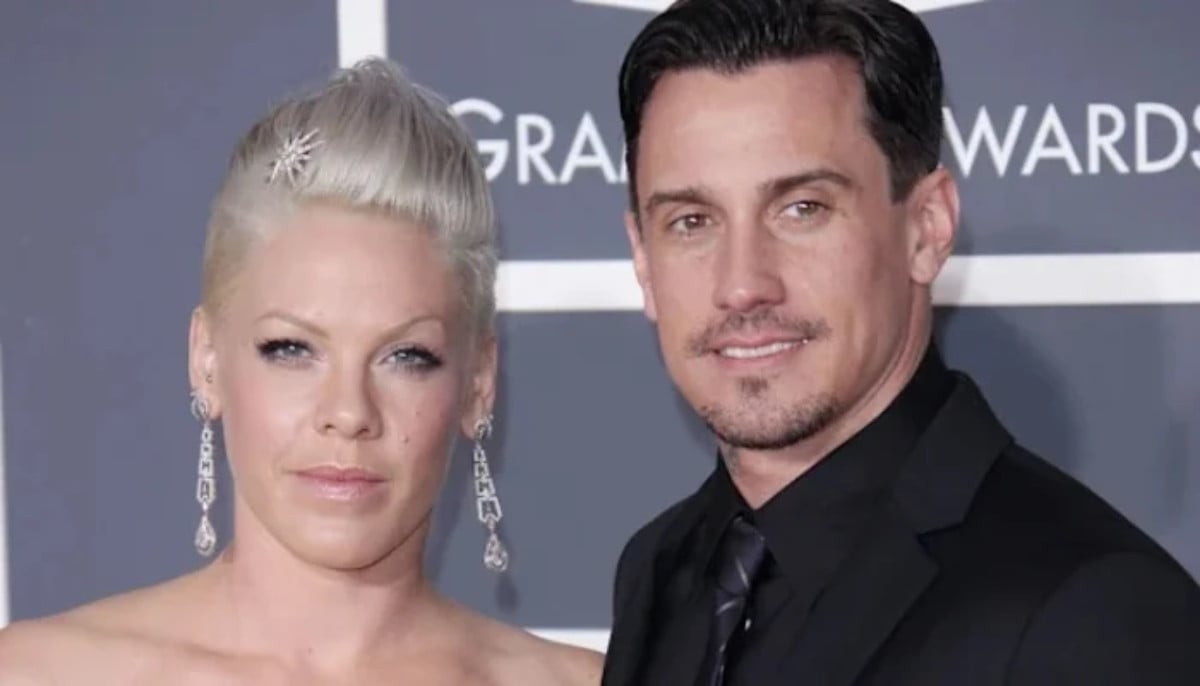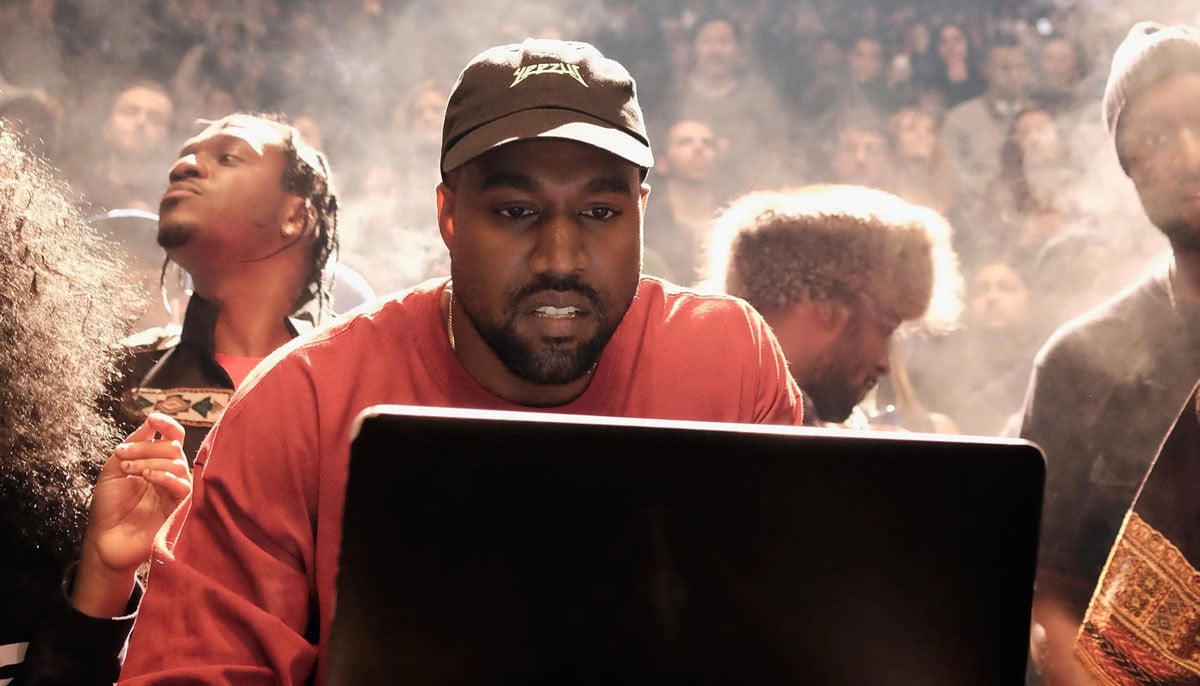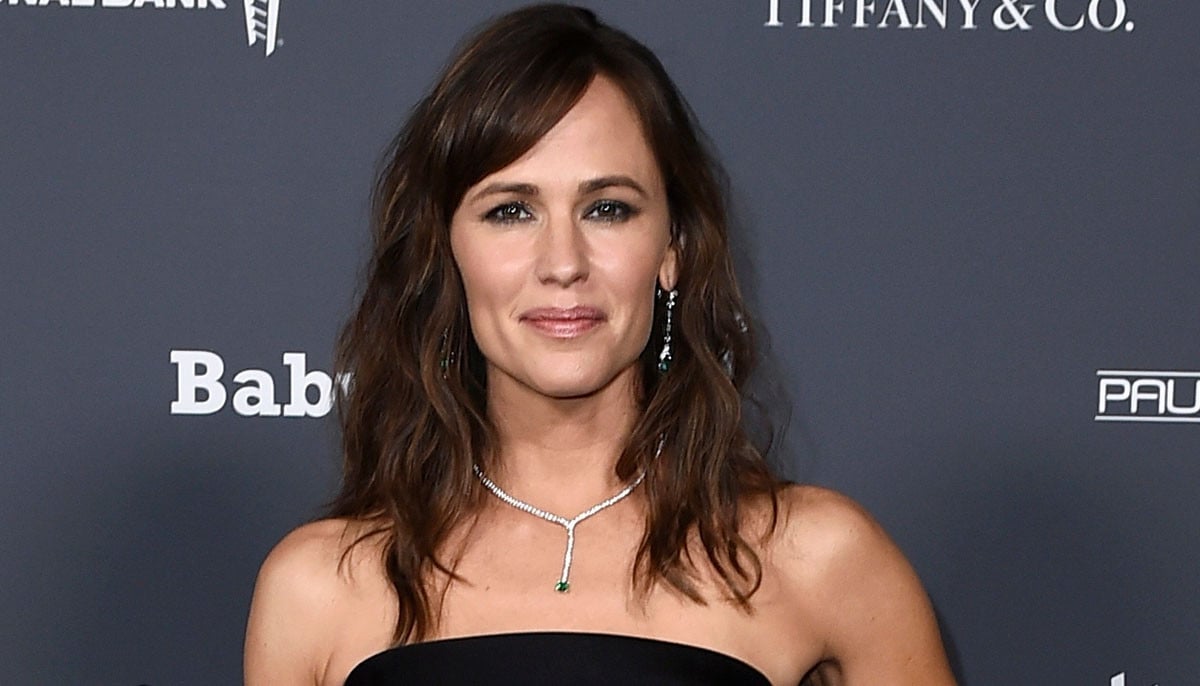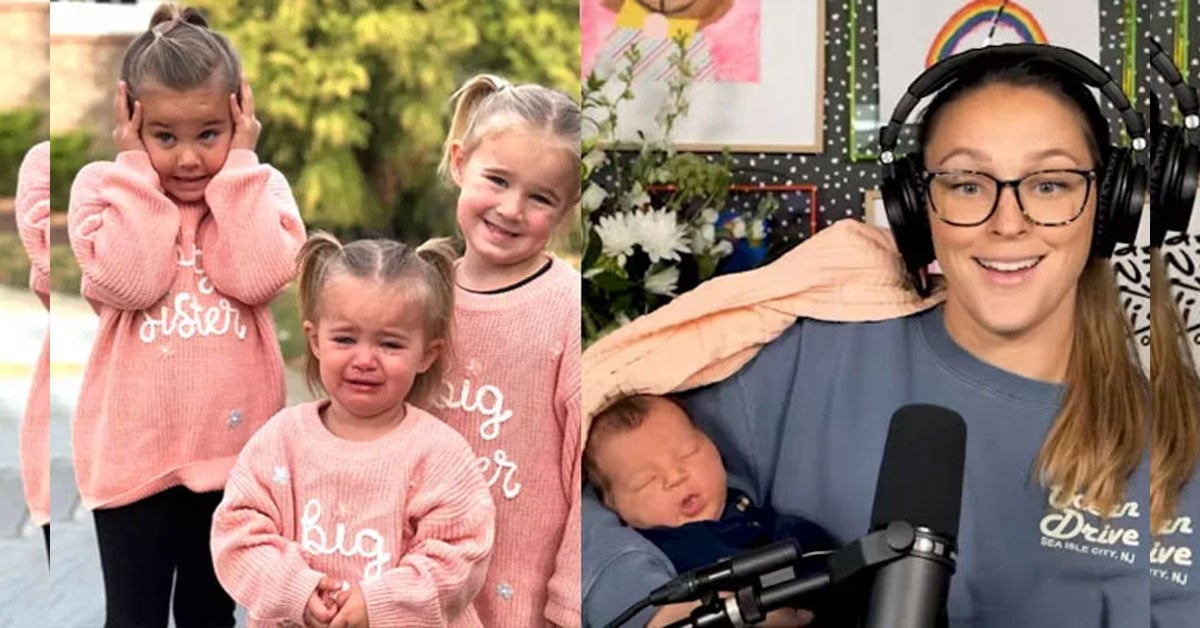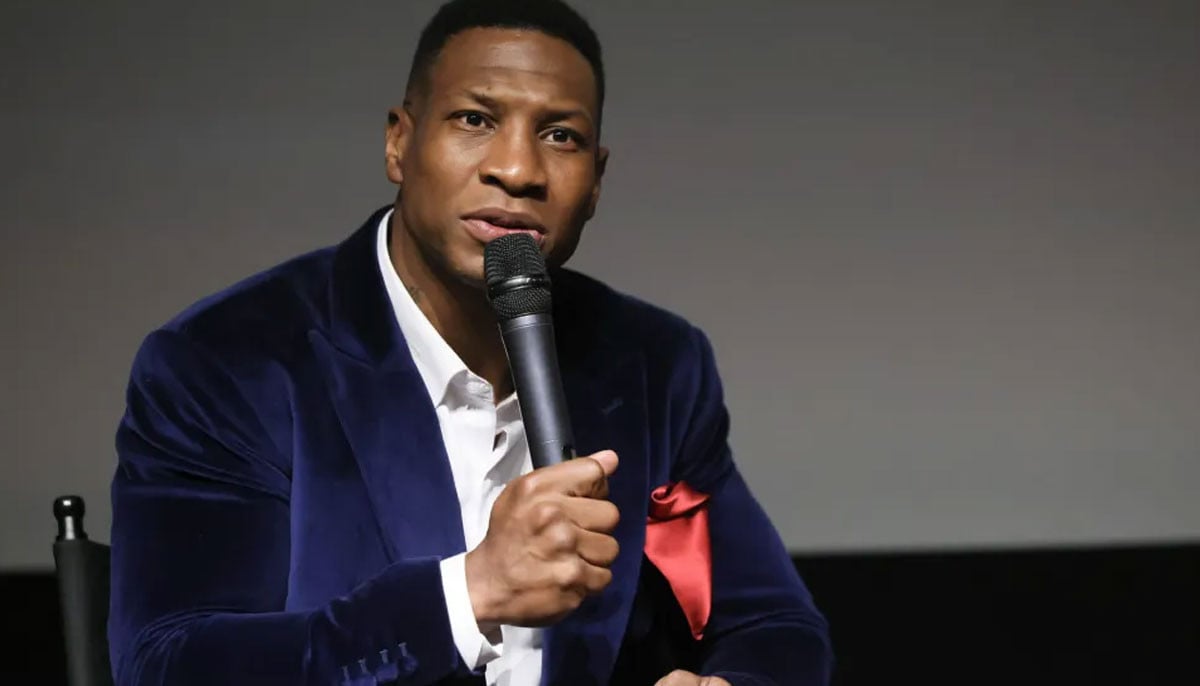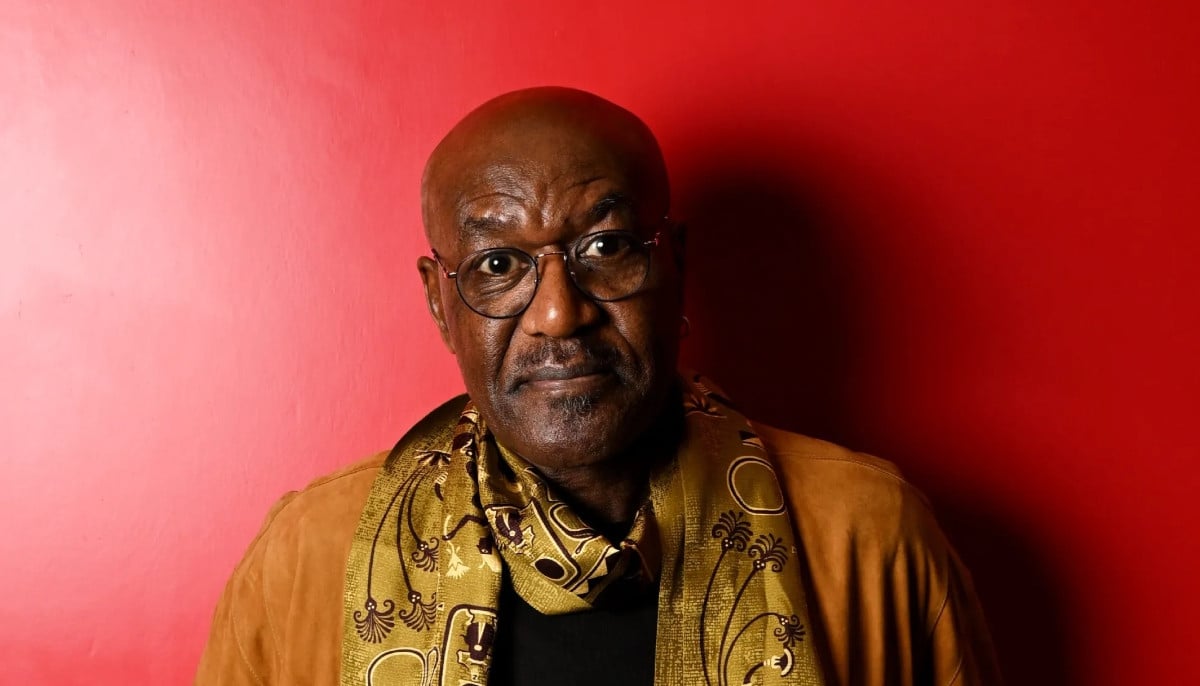Zayn Malik left One Direction over attacks on his Pakistani roots and Islamic faith?
Owing to his Pakistani origin and Islamic faith, Zayn Malik had always been a victim of racism
Highly acclaimed British musician Zayn Malik is one of the world's most sought-after celebrities.
However, with all the overwhelming adoration and praise, the former One Direction member has witnessed gruesome hatred, Islamophobia and racism as well.
Owing to his Pakistani origin and Islamic faith, the Pillow Talk crooner had always been susceptible to the bitter side of social media, despite being armored by four white boys and a massive fandom during his time in one of the most popular bands around the world.
This has led to many of his fans wondering whether the hate and racism is what actually drove him away from the band and not his general dislike for the kind of music they produced, as mentioned by him.
Malik has often times voiced out the discrimination he had faced in his life owing to his brown skin and religious beliefs, claiming most fights he got into had been caused by racism.
Speaking to ES Magazine, Malik spoke about his Pakistani father and Irish mother and what it was like to grow up as mixed-race child.
Malik said he always “saw dad as dad and mum as mum. I didn’t see colour, I didn’t see religion, I didn’t see race.”
“I was lucky that my mum and dad would always explain it to me: ‘This is just the way it is, this is some people’s belief, this is the way that they’ve been brought up. You’re brought up differently so you’ve got to respect everybody and hope that people respect you in return’,” he said, adding that he was often excluded and treated as an outcast as he got into brawls: “nine times out of 10, the fights were due to racial things.”
“I never really dwelled on this in the past, but I do believe it is something that people should know — this is who I am, this is where I’ve come from. It’s not so much that it hurts — it’s what builds you as a person. What you learn from that. I have an understanding of certain issues,” Malik said.
“Just because I don’t dwell on those issues, doesn’t mean I don’t know. I am aware of what things go on. I am aware that people grow up in racially segregated communities.”
-
Kanye West's best songs: Fans argue over bold top 10 ranking on social media
-
Jennifer Garner reveals beauty choice she makes as Botox alternative in her 50s
-
Kylie Kelce reveals rules she wants daughter Bennett to learn at 3: No more 'passies'
-
Jonathan Majors set to make explosive comeback to acting after 2023 conviction
-
Jennifer Garner drops parenting truth bomb on teens with Kylie Kelce: 'They're amazing'
-
'Game of Thrones' prequel 'A Knight of the Seven Kingdoms' new ratings mark huge milestone
-
Delroy Lindo explains the crucial role of musical arts in setting up his career trajectory
-
Timothée Chalamet reveals how he manages to choose the best roles for himself



